Plagiarism. It’s a word that strikes fear into students and writers alike. The act of stealing someone else’s words or ideas and passing them off as your own is a serious offense. While many get caught and face consequences, some of history’s most notable figures have been caught red-handed, often with surprising outcomes. Let’s delve into the stories of 10 individuals who became infamous for their literary thefts.
10. Isabella Beeton
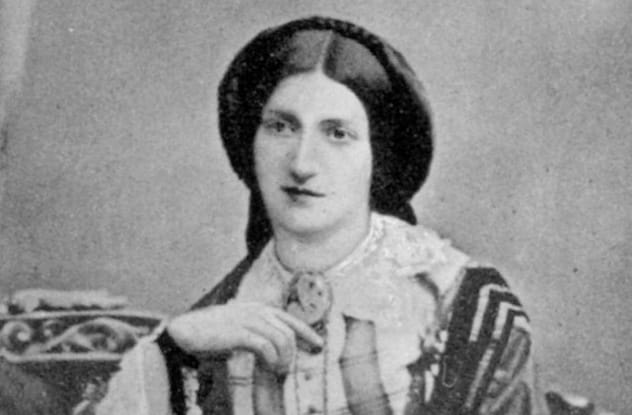
Isabella Beeton’s Book of Household Management was a sensation in the 19th century. This massive cookbook, spanning over 900 pages, became a bestseller. However, Beeton barely credited any sources, vaguely mentioning “a great doctor” for medical advice. Later critics discovered a shocking truth: Beeton had lifted nearly all her recipes from other authors, including Florence Nightingale and Eliza Acton. She was so careless that she sometimes forgot to change the gender of the narrator when copying from male authors. Her pilfering also led to some truly bizarre advice, like boiling pasta for a whopping 105 minutes! The deception didn’t even end with her death at age 28. Her husband continued to republish the book with new prefaces, implying Isabella was still alive and updating it.
9. Jayson Blair
Jayson Blair, a writer for The New York Times, took plagiarism to another level. His deceit began in college and came to a dramatic head in 2003 when the Times found that 36 of his articles were either plagiarized or completely fabricated. The investigation kicked off when another journalist recognized her own work in one of Blair’s pieces. It was revealed Blair often pretended to report from locations like Cleveland or Virginia without ever actually visiting. He’d simply lift descriptions from other writers’ discarded notes. Blair’s actions not only destroyed his career but also led to the resignation of two senior editors. His 2004 memoir, Burning Down My Master’s House, where he discussed his struggles and the scandal, sold a mere 1,400 copies in its first week, despite a print run of 250,000.
8. Milton Berle
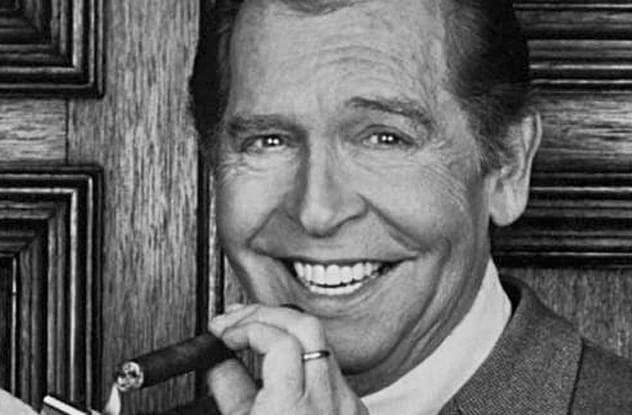
Milton Berle, affectionately known as “Uncle Miltie,” was a television pioneer who brought laughter to millions in the late 1940s. He was also notorious for something else: his prolific joke stealing. Berle was surprisingly open about it, even embracing the nickname “The Thief of Bad Gags” (a play on “The Thief of Baghdad”). He amassed a huge collection of jokes on index cards, though few were his original creations. According to his collaborator Carl Reiner, Berle didn’t just steal jokes himself; he’d even send his mother to gather material from other comedians’ acts!
7. Saddam Hussein

While plagiarism pales in comparison to the other atrocities linked to Saddam Hussein’s regime, a surprising instance of it caught international attention in 2003. In response to a UN resolution demanding information about Iraq’s weapons program, the Iraqi government submitted a massive 12,200-page declaration. However, US National Security Advisor Condoleezza Rice pointed out that significant portions of this document were copied directly from the UN’s own reports on Iraq—without any attribution. It was a bold move, used by some to further question the regime’s credibility. Interestingly, Hussein also penned a romance novel, Zabiba and the King, which, as far as anyone knows, was original work.
6. Richard Owen
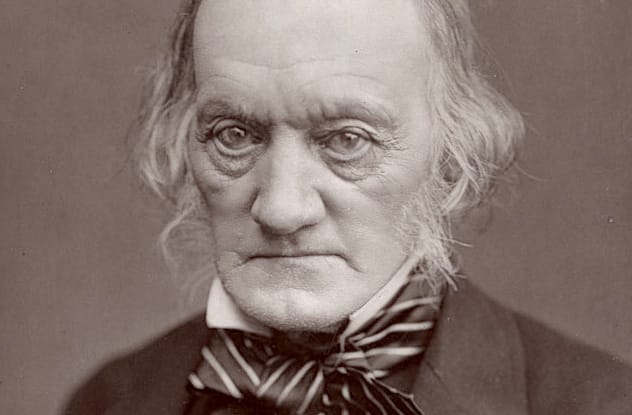
Richard Owen was a prominent 19th-century biologist and naturalist, credited with coining the term “dinosaur” and founding London’s Natural History Museum. However, his reputation suffered immensely due to his unscrupulous practices. Owen was known for brazenly plagiarizing and stealing credit from his contemporaries, often from those still alive and able to challenge him. One of his most infamous acts was claiming geologist Gideon Mantell’s discovery of dinosaur bones as his own. He even falsely claimed academic positions he didn’t hold, making a lifelong enemy of T.H. Huxley, who actually held one such professorship. Owen also resorted to accusing his opponents of plagiarism to discredit them. Eventually, his peers had enough, and he was voted out of the Councils of the Zoological and Royal Societies.
5. William Lauder
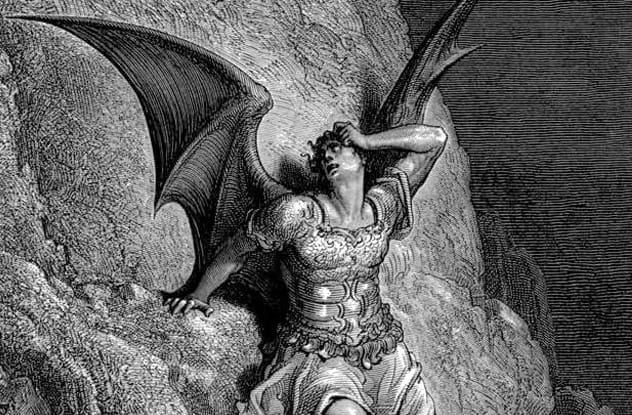
Most plagiarists simply copy others’ work for their own gain. Scottish schoolmaster William Lauder, however, had a far more elaborate and malicious plan in 1747 concerning John Milton’s epic poem, Paradise Lost. Lauder set out to prove that Milton had plagiarized earlier poets like Andrew Ramsey and Hugo Groutis. His method? He took Latin versions of their poems, inserted translated lines from Paradise Lost into them, and then presented this “evidence” to show Milton was the real thief. Unfortunately for Lauder, original copies of the older poems still existed, making it easy to expose his forgery. His poor Latin skills also resulted in clumsy translations. Though he briefly gained the support of Samuel Johnson (who reportedly found the constant praise for Milton tiresome), the fraud unraveled, ruining Lauder’s reputation. He is said to have died in poverty in the West Indies.
4. Nick Simmons

In 2009, Nick Simmons, son of KISS bassist Gene Simmons, launched his comic series Incarnate with Radical Comics. Only three issues in, readers and online communities discovered that Simmons had extensively plagiarized artwork. His work showed striking similarities to various online artists and, most notably, the popular Japanese manga Bleach. Side-by-side comparisons revealed copied poses, shading, and even specific line work. The scandal quickly gained mainstream media attention due to his famous father. While Simmons denied tracing anything, Radical Comics suspended the series indefinitely. As of today, Incarnate has not resumed publication.
3. James A. MacKay
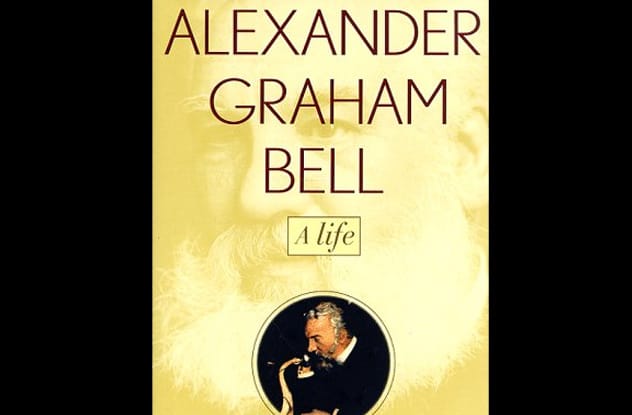
James MacKay was an incredibly prolific writer, with over 100 books to his name, many of them historical biographies. His career, however, was marred by more than just literary theft. In 1972, he was convicted for stealing valuable postage stamp proofs from the British Museum for counterfeiting—a rather fitting prelude to his later plagiarism scandals. In 1997, Pulitzer Prize-winning author Robert Bruce accused MacKay of plagiarizing his biography of Alexander Graham Bell for MacKay’s own book on the inventor. Astonishingly, stolen passages were found on 95 percent of the pages. MacKay had even copied the author’s dedication, thanking a Bell Collection that no longer existed when MacKay wrote his book. Similar accusations arose for his 1999 biography of John Paul Jones, leading his publisher to destroy 7,500 copies. MacKay, however, consistently denied any deliberate wrongdoing.
2. Quentin Rowan
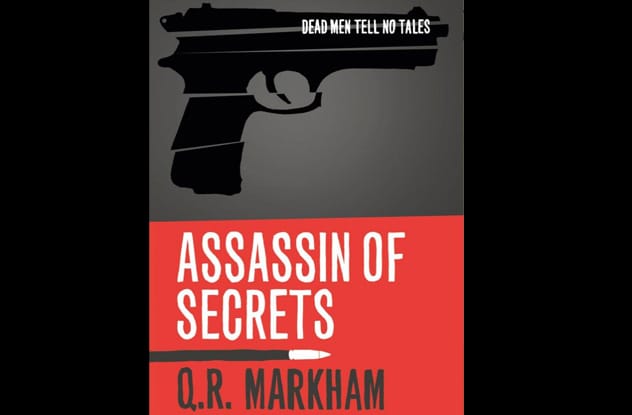
Quentin Rowan achieved early recognition when, at 19, his work was featured in the Best American Poetry collection in 1996. However, when he transitioned to fiction, he began submitting stories created by cutting and pasting text from other authors. He self-published several books using this method before Little, Brown published his novel Assassin of Secrets in 2011. Alert James Bond fans quickly identified the extensive plagiarism, and the book was pulled from shelves within a week. Rowan’s public response was unusual: he wrote an article claiming his early success led to a compulsion to steal, feeling he couldn’t live up to expectations with his own writing. Surprisingly, this explanation, along with the scandal, caused prices for his withdrawn, plagiarized books to soar on Amazon, and he even received a profile in The New Yorker.
1. Downing Street

In 2003, the same year Saddam Hussein’s government was caught plagiarizing, the UK government under Prime Minister Tony Blair faced its own plagiarism scandal. A 19-page document, later dubbed the “Dodgy Dossier,” was central to Blair’s case for invading Iraq. It soon emerged that this crucial intelligence briefing contained substantial material lifted without attribution from various sources. One notable source was a doctoral thesis by Ibrahim Al-Marashi, a professor from California State University. Blair’s staff had been so careless they even included typos from the original document. Ironically, just a few years earlier, Blair’s administration had criticized a political rival for plagiarizing one of Blair’s speeches, highlighting the often-hypocritical nature of such accusations.
These stories serve as a stark reminder that plagiarism, whether in academia, literature, or politics, carries significant risks. While some plagiarists fade into obscurity, others become cautionary tales, their deceptions forever etched in history.
What do you think about these cases of plagiarism? Were the consequences fair? Leave your comment below!










